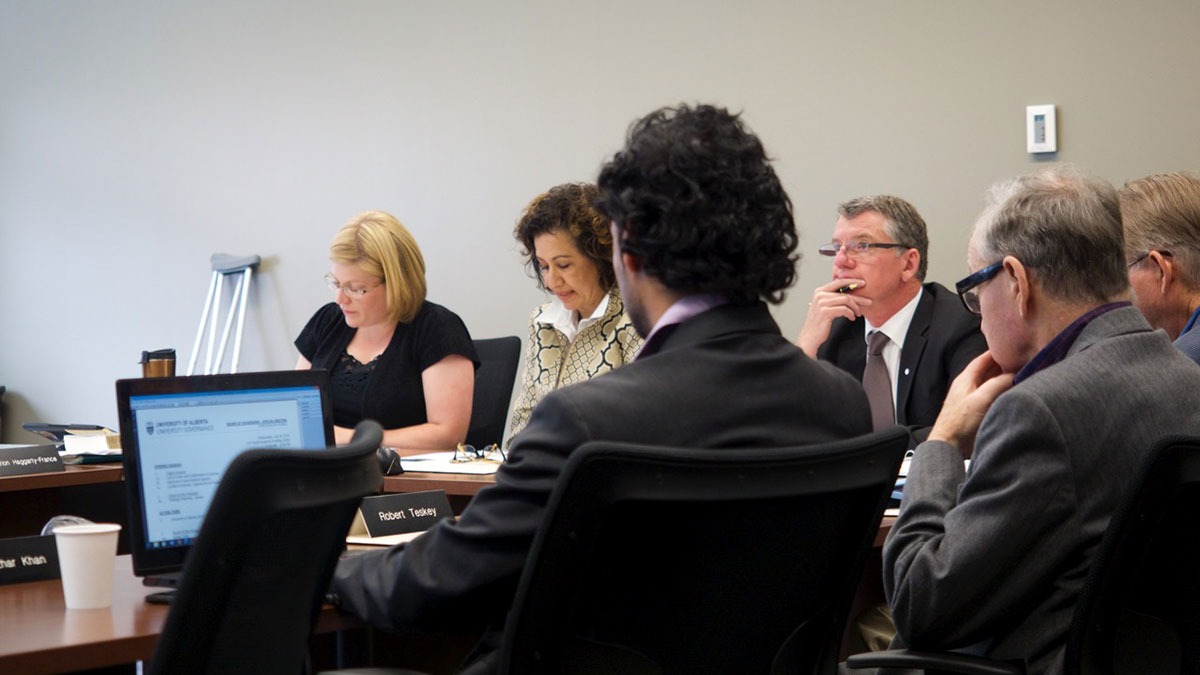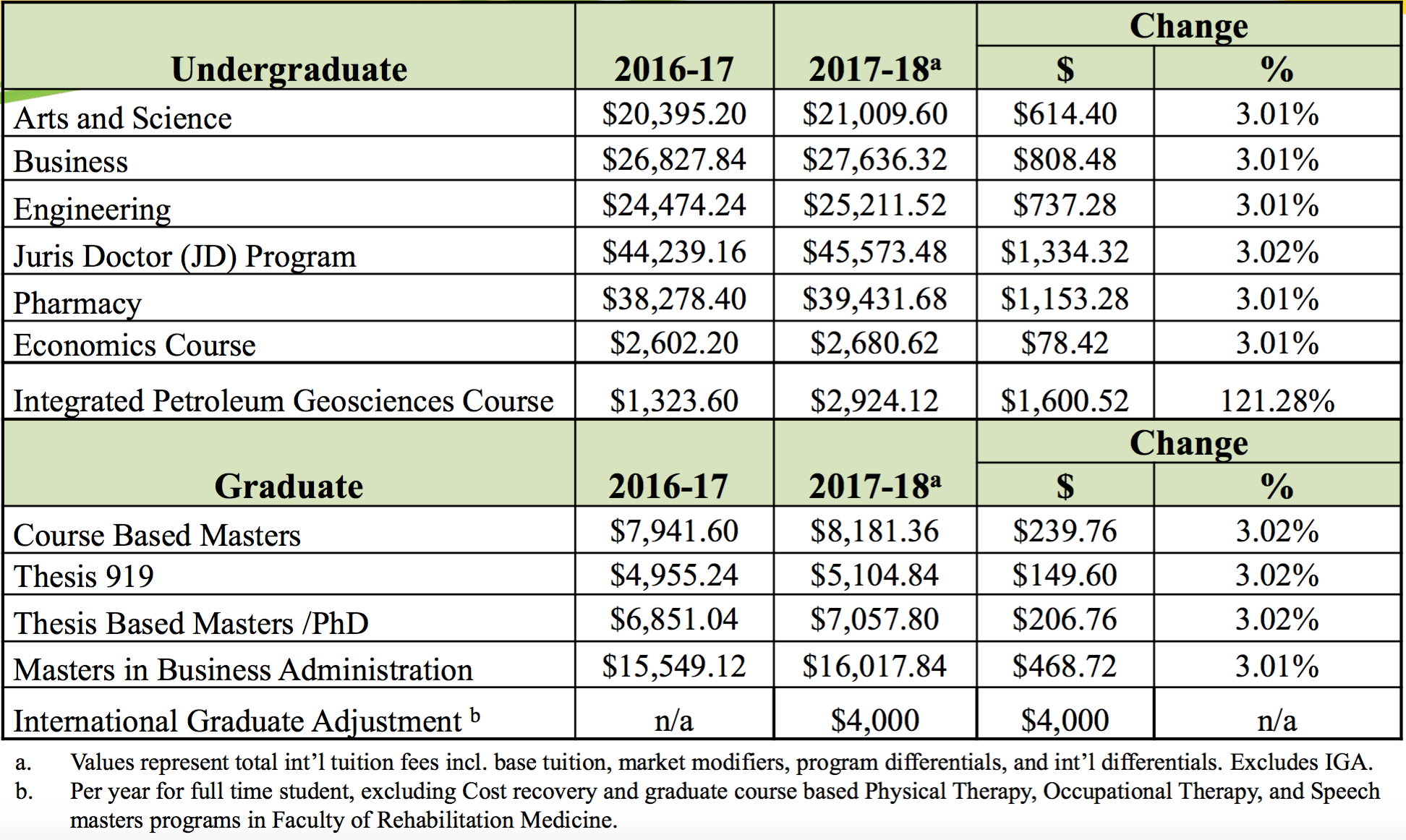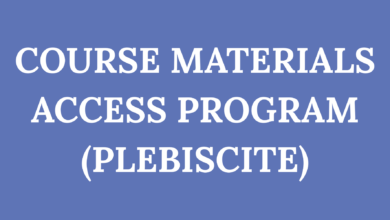International undergraduates to pay three per cent higher tuition in 2017-18
 Christina Varvis
Christina VarvisInternational undergraduate students will pay three per cent more for classes in 2017-18.
The tuition increase was passed at the Board of Governors meeting on December 16. The increases will raise the annual cost of an Arts or Science full-time course load, according to the Office of the Provost, from about $20,395 to $21,009.

Domestic tuition will remain frozen at its current rate of $5,320 per year for an arts or science degree according to the university’s cost calculator.
University President David Turpin said international students are funded from international student tuition and don’t displace Canadian students.
“The reason we recruit international students is not for the money but to do two things,” he said. “First, to provide opportunities for a world-class education for people from around the world. Another is to ensure students who come to the University of Alberta from across Canada have an opportunity for an international experience.”
Only the Board of Governors’ three student representatives voted against the increase.
The three per cent increase to international tuition is due to academic inflation using the Academic Price Index which includes the increased cost of salary and benefits for faculty, maintenance costs, and supplies. Last year, international tuition only increased by 1.6 per cent, or Consumer Price Index — national, non-academic inflation.
The Students’ Union consulted with the International Students’ Association and surveyed students about the international tuition increase at the end of November. More than 1,000 international students responded — less than a third of the university’s total 3,500 international undergraduates. The survey found that 97 per cent of international students disagree with the tuition increase. The survey also found that half of international students said they expected to graduate with more than $20,000 of debt.
President Fahim Rahman of the Students’ Union said he is worried that substantial increases to international tuition rates could exclude students from disadvantaged backgrounds, which would go against the university’s goals.
“My understanding of universities is that fundamentally they’re here to be an equalizer of opportunity for students to improve their employment and earning outcomes by the time they graduate, regardless of their socioeconomic background,” he said.
Rahman added that this isn’t the first time international student tuition has increased by more than the Consumer Price Index in the last five years. In 2013-14 it increased by five per cent. He added that this probably won’t be the last time international tuition increases substantially with the current provincial government.
“My concern is that if we continue to increase international tuition at these rates, at the end of the day, we won’t become for the public good,” he said. “We’ll become a good for those who can afford it.”




